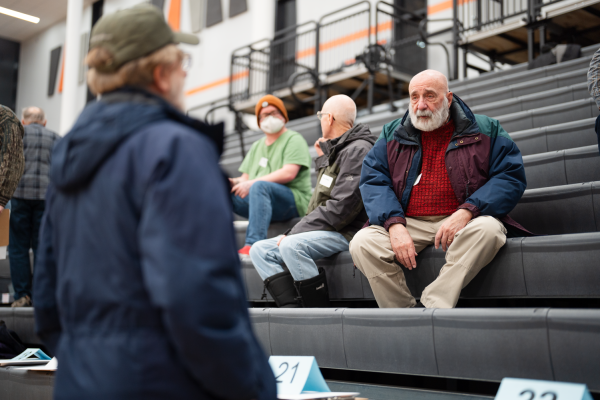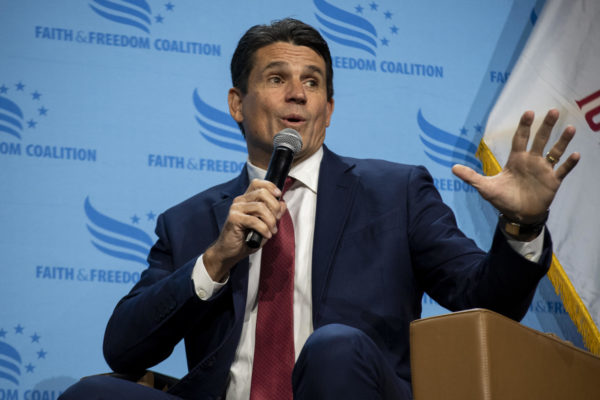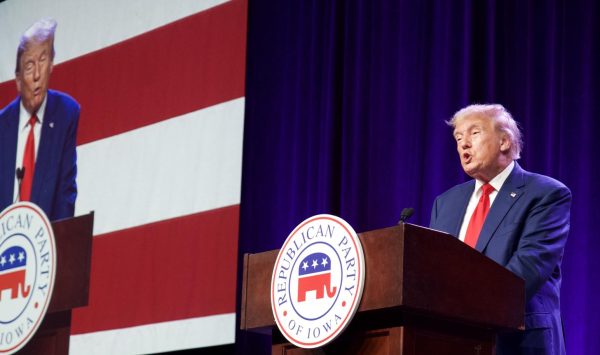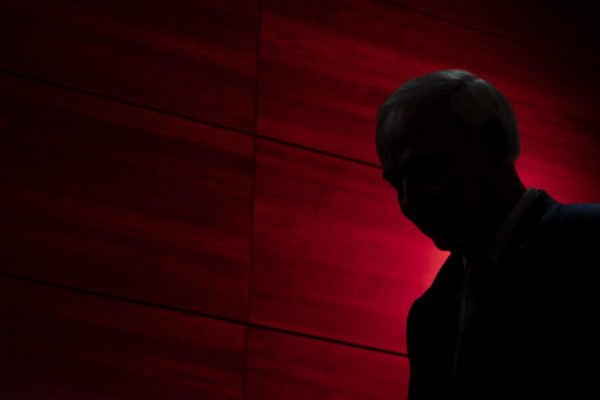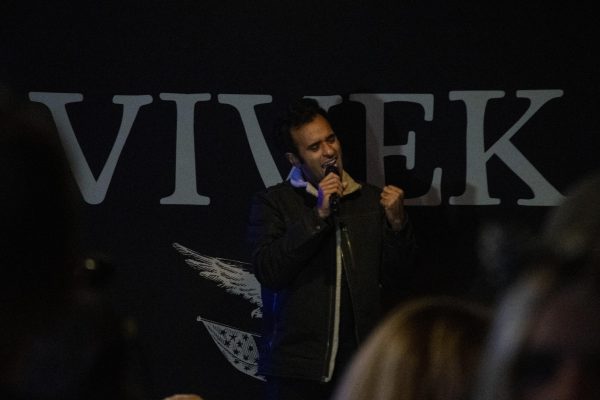Last chance for Sandusky to testify as abuse trial nears conclusion
June 20, 2012
BELLEFONTE, Pennsylvania — The child sex abuse trial of Jerry Sandusky will resume Wednesday with attention focused on whether the former Penn State defensive coordinator will take the stand.
Wednesday is likely to offer the last opportunity for the defendant to testify, since Judge John Cleland informed the jury Tuesday afternoon that he expects the defense to rest its case by lunchtime.
Sandusky is fully prepped and ready to testify, according to a person with knowledge of the case. Whether he will actually take the stand won’t be decided until the final defense witnesses testify Wednesday, the person added.
Sandusky’s attorney told reporters Tuesday to “stay tuned” to see if his client will testify in a case that has upended Penn State University and its football program.
“You have to wait,” attorney Joe Amendola said just before entering the Pennsylvania courthouse and calling witnesses for a second day.
Sandusky, 68, is on trial on 51 counts related to accusations of sexually abusing 10 boys over a 15-year span. He has denied the charges.
Sandusky’s wife told jurors Tuesday that she could remember at least six of her husband’s accusers staying overnight at their house. She said she did not witness any sexual abuse.
One of the accusers had once traveled with them to the Alamo Bowl, Dottie Sandusky said, where she and her husband shared a hotel room with the boy.
Many of the accusers testified that they knew Dottie Sandusky, who is not accused of having witnessed sexual abuse.
She testified that children would often sleep at the Sanduskys’ house and that “we would give them a choice of where they wanted to sleep.”
Her husband was also typically the one to put the children to sleep, she said, telling jurors that “he would go downstairs and tell them good night.”
Questions about Sandusky’s mental health continue to loom over the proceedings.
Dr. Elliot Atkins testified that he had diagnosed Sandusky with histrionic personality disorder after interviewing the former coach. But a second psychologist, Dr. John O’Brien, disputed those findings Tuesday, saying that the “personality profile Mr. Sandusky exhibited was within normal limits.”
The prosecution had earlier presented as evidence what one accuser described as “creepy love letters,” written by Sandusky. They argued the letters were part of “grooming techniques” commonly employed by sexual predators.
Judge Cleland issued an order Friday allowing a defense motion to offer expert testimony from a psychologist who “will explain that the words, tones, requests and statements made in the letters are consistent with a person who suffers from a histrionic personality disorder.”
“The goal of a person suffering from this disorder in writing those letters would not necessarily be to groom or sexually consummate a relationship in a criminal manner, but rather to satisfy the needs of a psyche belabored by the needs of such a disorder,” the defense lawyers wrote in their motion.
Histrionic personality disorder is part of a class of conditions called dramatic personality disorders, which are marked by unstable emotions and distorted self-images, according to the Cleveland Clinic.
Separately, after being subpoenaed by prosecutors, NBC News provided court officials with transcripts and footage of a Bob Costas interview with the former coach, according to NBC spokeswoman Amy Lynn.
“I didn’t go around seeking out every young person for sexual needs that I’ve helped,” the former coach told the NBC sportscaster in an interview segment that wasn’t part of the November 2011 broadcast, but has since been aired.
Sandusky said there are likely “many young people who would come forward and say that my methods and what I had done for them made a very positive impact on their life.”
If the former coach testifies, those comments could potentially be entered as new evidence. Early in the trial, Amendola implied that Sandusky would take the stand.
Closing arguments could begin as soon as Thursday, with the prosecution’s rebuttal expected to follow the end of the defense’s case Wednesday.
Sandusky routinely “got showers with kids” after working out, and he would say so later, Amendola said Monday. But as the trial nears its end, it remains unclear if Sandusky will speak.
Ron Kuby, a veteran criminal defense attorney, said there has been a “tsunami of evidence against him” and suggested that the former coach should take the stand.
“Just maybe he can convince one juror to hold out,” the lawyer said. “A hung jury, right now, is a lot better than life without parole.”
Prosecutors wrapped up their case Monday morning with brief testimony from the mother of one of the alleged victims.
“He gave him clothes, he gave him gifts,” the mother of an accuser called Victim 9 testified. “I just wish he’d given him underwear to replace the underwear I could never find in my laundry.”
The final prosecution witness testified Monday that her son seemed to suffer from stomach ailments during the times he was visiting Sandusky and sometimes did not want to visit the former Penn State assistant’s home.
But she said she didn’t ask him about any possible abuse and still does not know what happened to him.
“I didn’t really want to hear,” she said, crying.
The defense then opened its case with a former Penn State coach who testified about Sandusky’s stellar reputation in the community.
Richard Anderson said it was not uncommon for coaches and youths to use the shower at the same time, and that he had never seen anything inappropriate between Sandusky and a child.
The defense called five other witnesses who supported the view of Sandusky’s good reputation in the community.
The defense has also attempted to poke holes in the prosecution’s case thus far.
“A lot of people lied,” Amendola said in his opening statement.
Over four days, several people testified that Sandusky forced them to engage in sexual acts with him in various places, including showers in the Penn State coaches’ locker room, hotel rooms and the basement of his home.
One told jurors that Sandusky — whom he met, like many of the accusers, through the Second Mile nonprofit for disadvantaged youths that the ex-coach founded — had threatened him if he told others about the abuse.
Another said Sandusky warned he might send him home from a trip to Texas, where they’d gone to watch a Penn State bowl game.
The defense challenged the accusers’ timetable, questioning whether Sandusky could have committed the crimes they claim he did when they say he did.
On Monday, prosecutors dropped one of the 52 counts against Sandusky because the statute he was charged with wasn’t in effect on the date of the alleged incident.
The accuser said the incident occurred in 1995 or 1996, but the unlawful contact with a minor statute didn’t apply until 1997.
— CNN’s Susan Candiotti, Dana Garrett and Laura Dolan contributed to this report.








